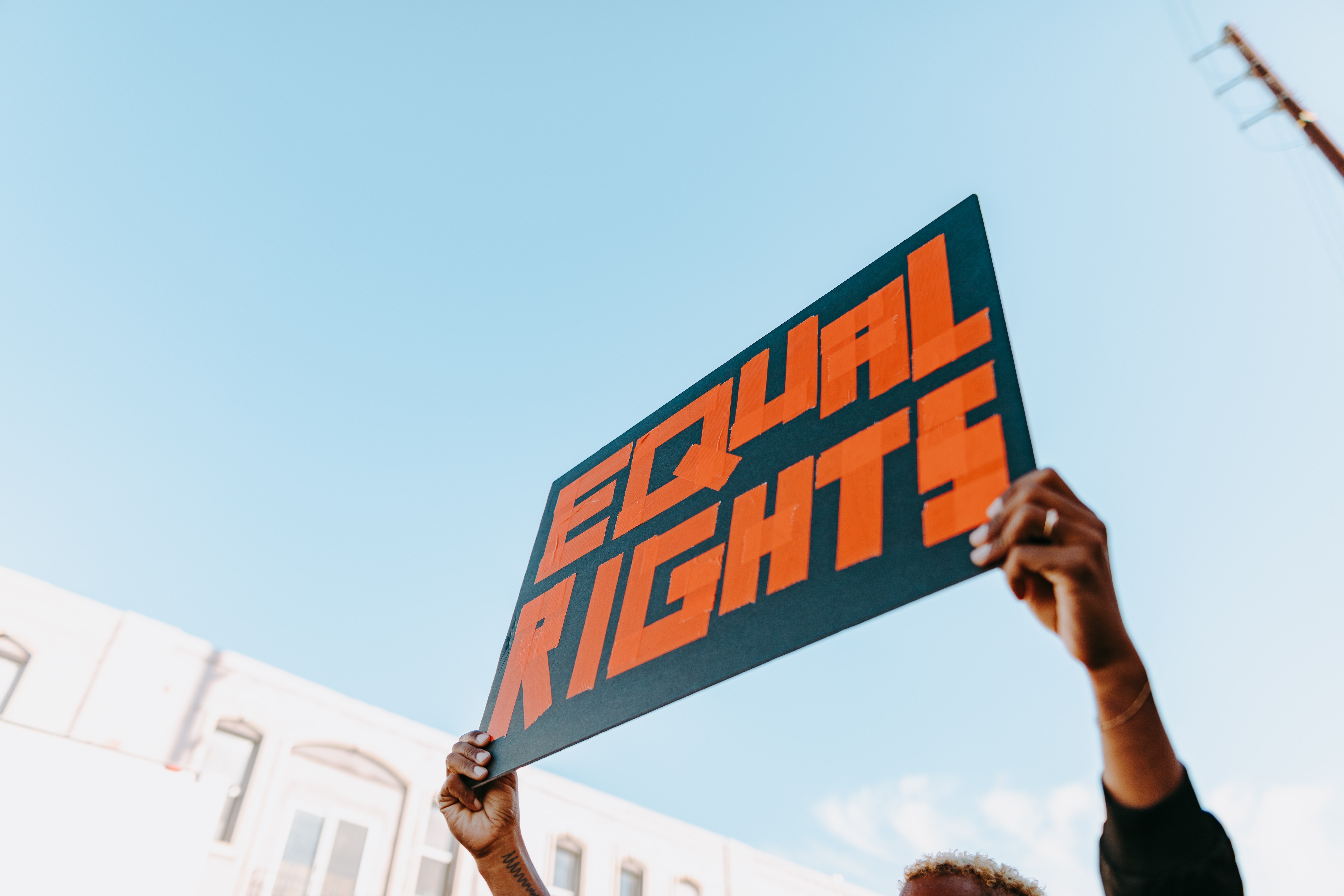Individuals who experience sex discrimination, race discrimination and other kinds of discrimination at work aren’t getting much protection from the laws developed to protect them from it.
That’s the main finding after analyzing the results of 683,419 discrimination cases filed with the U.S. Equal Employment Opportunity Commission from 2012 to 2016– the most current data available. We focused on workplace problems filed related to race, sex, disability, age and national origin. Those are the 5 most common classifications.
We found that a minimum of 63% of employees who filed a complaint ultimately lost their task. That number was even higher for employees who filed a disability-related claim, at 67%. And about 40% of employees reporting experiencing employer retaliation, such as verbal abuse or being passed over for work chances like training or promotion, for suing. At 46%, employer retaliation was most common for sex discrimination cases.
Moreover, the complaints themselves rarely led to an effective outcome for the employees who filed them. Our analysis discovered that legal redress in the form of negotiated or mandated modifications in workplace practices took place in just 7% of all cases. Workers got monetary awards in 12% of the cases– with a median payout of only US$ 8,500.
Political analysis Free Of Partisanship
These patterns may describe why just a fraction of individuals who believe that they have actually experienced discrimination at work in fact submit a grievance. Legal standards to prove discrimination to the EEOC or in court are rather high, and the burden of proof falls mostly on the worker.
Low rates of discrimination claim filing may also suggest that individuals see the legal path as dangerous with low opportunities of success. Long-lasting discrimination on the job and showing it in court or to the federal government are rather different things.
Lawmakers have actually been discussing procedures to boost securities for workers for several years, such as the Paycheck Fairness Act, an expense aimed at wage discrimination, or paying workers doing the very same job differently based upon their sex, race or national origin. Besides increasing pay transparency, the costs would shift more of the burden of proof to the employer.
While our company believe passage of this legislation would be a good action to motivate more employees to report discrimination, our research shows that increased securities should be applied to all kinds of discrimination. However offering employees the security from discrimination that we feel they deserve likely will need stronger enforcement efforts and stiffer penalties for companies who break the law.

